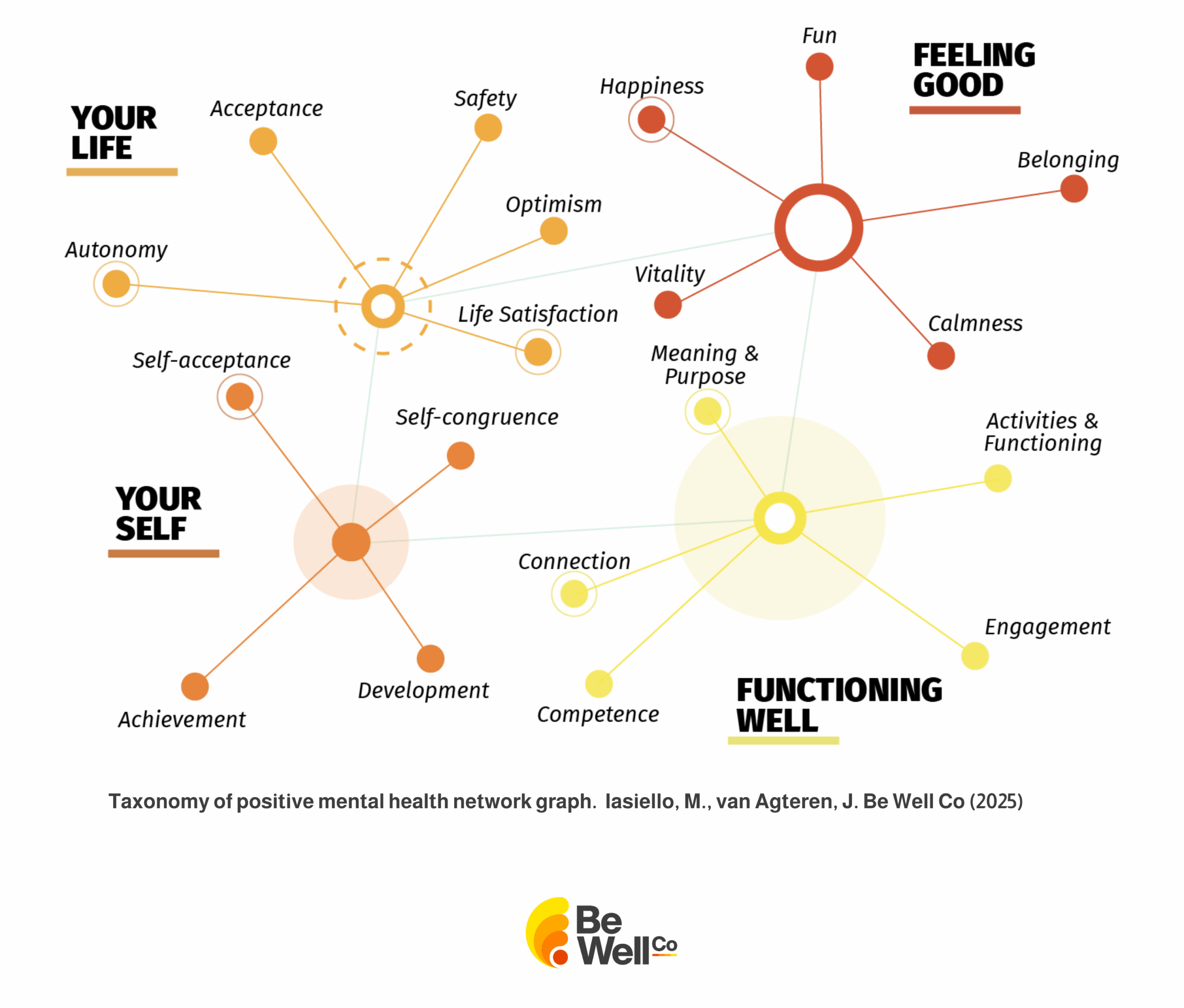“The opposite of connection is not disconnection; it is isolation.” – Harriet Lerner
Imagine feeling indifferent or unmotivated day to day. Everything feels “meh” and takes effort. You lack interest, your emotions are dulled, and you feel like you’re just going through the motions without purpose, inspiration, or meaning. Your relationships suffer, your work performance declines, and your thinking becomes clouded. This state is known as languishing, and for those who have been following our business and/or blog for a while, this is something we continue to talk about – because it’s time to understand it, and take action.

In the workplace, we know that languishing can severely impact productivity and engagement. People who are languishing may find it difficult to contribute meaningfully, complete tasks, think clearly and engage with our colleagues due to several reasons:
- Lack of motivation: Tasks feel meaningless, making it difficult to stay engaged or complete work efficiently
- Mental fog: Cognitive difficulties, such as trouble concentrating and making decisions, hinder productivity
- Emotional numbness: Apathy reduces emotional investment in work, leading to decreased creativity and enthusiasm
- Chronic stress: Prolonged stress without relief can worsen apathy and impair cognitive function
- Isolation: Reduced interest in social interactions can lead to withdrawal from colleagues and collaboration
- Lack of purpose: Without a sense of direction, it becomes challenging to set goals or find fulfilment in work
- Burnout: Over time, accumulated stress and disengagement can lead to full-blown burnout, exacerbating feelings of languishing
We are dedicated in understanding how languishing affects the workplace, visit the work we have done on it here.
Languishing and emotional apathy
One of the biggest long-term effects of languishing on our mental wellbeing is emotional apathy. Emotional apathy is a psychological state where a person feels emotionally numb and indifferent and experiences little or no emotional reactions – positive or negative. It leads to a lack of joy, sadness, and excitement and creates a detachment from our daily lives and relationships. Essentially, life feels like it exists in a perpetual shade of grey, and you can’t seem to find the colour anymore. Things aren’t bright and luminescent or dark and moody either; they’re just grey.
When we feel this way, important aspects of life are negatively affected, including our relationships and work.
The impact on relationships
We are a social species and need connection. Without it, we don’t thrive. Our need to be seen, heard and to belong is core to our survival.
Languishing can reduce our emotional range, often leaving us feeling neither highs nor lows. This can create a monotonous, dissatisfying existence that feels frustrating and joyless. Activities that once brought pleasure or excitement may no longer evoke the same emotions, leading to disengagement from loved ones, hobbies, or interests. This might look like choosing to stay home instead of going to a badminton game with friends that you once looked forward to or not feeling able to fully engage with conversations in groups.
The emotional numbing that comes with languishing can also lead to increased apathy, making it difficult for others to connect with you. It can be exhausting for someone to continuously make an effort when they receive little emotional response in return and feel like you’re not interested or enthusiastic. Over time, people may stop reaching out, as they may feel like their presence or attempts at connection don’t matter to you. This creates a feedback loop where, in turn, you begin to feel more disconnected, unseen, and emotionally isolated.
Processing emotions can become a struggle too. People may have difficulty understanding or articulating their feelings, leading to frustration and confusion about their emotional state. When you don’t fully grasp what you’re feeling, it becomes harder to explain it to others, which can lead to misunderstandings and conflict. This can make it challenging to communicate effectively and lead to misunderstandings and strained interactions.
The social impacts of languishing and emotional apathy are real. Flat or detached communication makes it challenging to engage in dynamic conversations and express oneself effectively. Small, everyday interactions are so important to maintain our relationships and wellbeing – whether it’s a smile, a joke, or a shared story. When emotional apathy sets in, those micro-moments of connection start to dwindle and without these subtle emotional exchanges, relationships can weaken over time.
Breaking free from languishing
Languishing over time is no way to live. Fortunately, there are steps we can take to assess and address the negative impacts, including:
- Checking in with yourself and your emotional state, and identifying areas where you feel stuck
- Checking in with others and bringing languishing into the conversation
- Actively participating in activities that encourage connection
- Making time to practice wellbeing habits that work well for you
- Seeking support from a colleague, friend or loved one
- Seeking therapeutic interventions to help regain emotional vibrancy and improve social connections
Taking proactive steps can help shift life back into colour, making relationships, work and life more fulfilling again.
For more information about what steps you can take, you can access the free resource we created for Beyond Blue ‘what works for mental wellbeing’ here which includes interventions that are backed by science that improve your wellbeing.
Want to Read More?
 Wellbeing, Workplace
Wellbeing, Workplace
Creating psychologically safe teams
Why Psychological Safety matters and how we build it together Based on Be Well Co’s “Psychological Safety for leaders” workshop Psychological safety has become one of the most important foundations of healthy, high-performing teams…. 18 Nov 2025 Wellbeing, Workplace
Wellbeing, Workplace
What does wellbeing that actually works (at work) look like?
Last week’s Fruit for Thought live in Adelaide: “Wellbeing that works across sectors” brought together leaders from finance, correctional services, and sport to unpack that question we all need to sit with. From the… 14 Oct 2025 3 min read Wellbeing
Wellbeing



